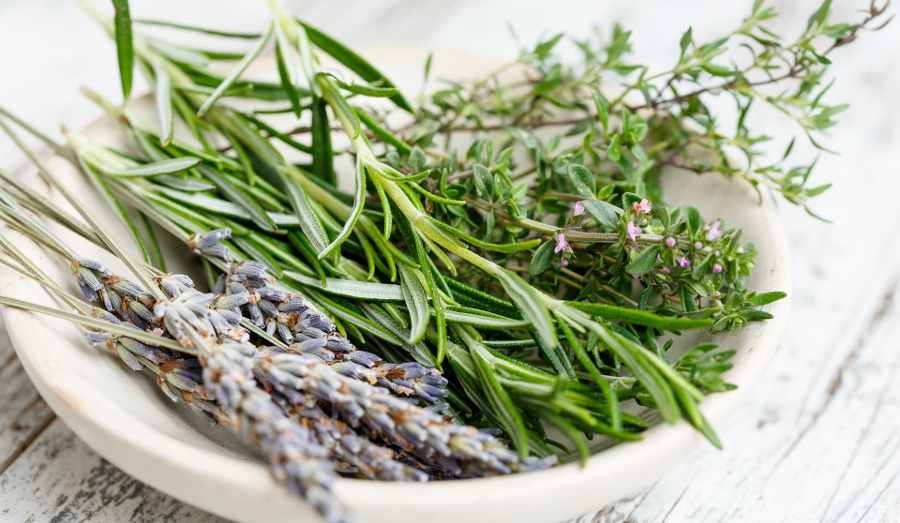Now that winter is beginning to approach and the first frost has reached many areas of the country, it’s time to start thinking about preserving the herbs we’ve worked so hard to grow all summer. The growing season is all but over, so it’s time to get to work so that all our effort over the past few months doesn’t go to waste.
There are several different ways to dry, preserve, and store herbs, with different herbs preferring different methods. Here are a few methods that you might want to try at home.
1. Food Dehydrator
If you’re fortunate enough to have a food dehydrator, it can take a lot of the guesswork out of drying herbs. With the ability to control time and temperature, drying herbs in a dehydrator can lead to a higher quality finished product.
2. Drying in the Oven
If you don’t have a food dehydrator you can try drying herbs in the oven. Newer ovens often come with a dehydrator feature, allowing you to dial the temperature down so that you don’t burn your herbs.
If your oven is older and doesn’t have a dehydrator feature, you can take a shortcut. Turn on your oven to about 200 degrees and let it preheat for a few minutes. Turn the heat off, put your herbs on a tray, and place them in the oven. You may need to crack the door if it’s too hot.
This type of oven drying can take a little bit of practice, as if the oven’s too hot you’ll brown and burn your herbs. Once you seen the herbs dried, which may only take a few minutes, take them out, remove any stems, cool, and store.
3. Sun Drying
Sun drying is a traditional method of drying herbs, but it can take quite a while to do and makes your herbs susceptible to insects, moisture, and mold. Whether they’re inside behind a screen or outdoors, you’ll want to make sure they have plenty of exposure to sunlight and fresh air and are protected from rain and moisture.
4. Freezing
Some herbs freeze better than others, and in most cases you’re not going to want to freeze herbs straight on the stem. Delicate herbs like dill, basil, and parsley often become mushy in the freezer. You’ll want to do things like making a dill sauce, pesto, or chimichurri in order to preserve these herbs. You can store them in small tupperware containers or make ice cubes from them and store the cubes in the freezer.
Stronger herbs like chives and garlic chives can be stored as-is in the freezer. One of the best methods to store them is to chop them up and store them in sandwich bags or small plastic or glass jars in the freezer. Then you’ll have herbs for soups and salads all winter long.
This article was originally posted on Red Tea News.





